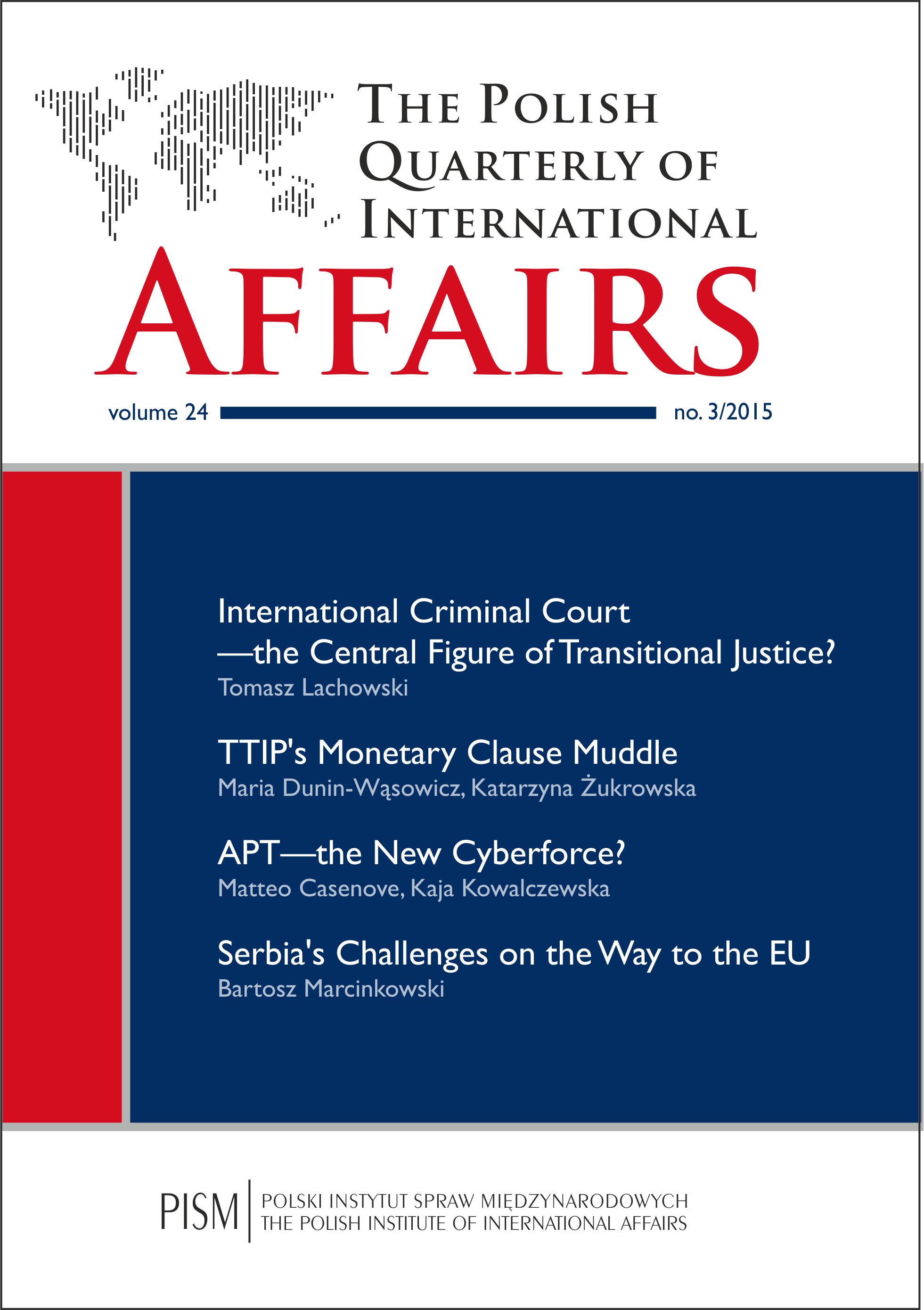South African Politics after the Mangaung Conference
South African Politics after the Mangaung Conference
Author(s): Dawid WalentekSubject(s): Politics / Political Sciences, Politics
Published by: PISM Polski Instytut Spraw Międzynarodowych
Keywords: south africa;
Summary/Abstract: The author delivers a perspective on the economic and foreign policy outlook for South Africa with respect to two events that determined the course of South African politics: the ANC conference in Mangaung and the 2014 general election. The motivation for this research is the importance of the ANC in relation to South African domestic politics and the foreign and economic policy, bearing in mind that the ANC has won all elections in South Africa since the end of Apartheid. The study is qualitative and the analysis is rooted in political realism, with the self-interest of individuals as the definitive factor. The author focused on factional tensions within the ANC and changes in South African political landscape. The key finding is that domestic politics in South Africa are more fragmented and polarised after the Mangaung conference. This is a result of the ANC abandoning nationalistic rhetoric. Nevertheless, the ANC’s supremacy in South African politics is unequivocal. South African economic policy will be directed towards business and foreign investors. Foreign policy will drift away from the “African solutions for African affairs” paradigm, and towards limited involvement. In the current global economic, climate South Africa will experience slow economic growth.
Journal: The Polish Quarterly of International Affairs
- Issue Year: 24/2015
- Issue No: 3
- Page Range: 91-105
- Page Count: 15
- Language: English

